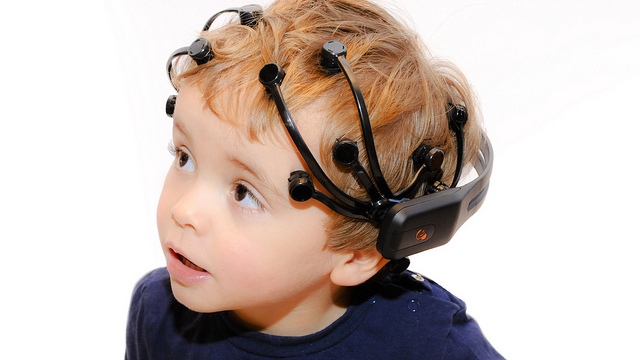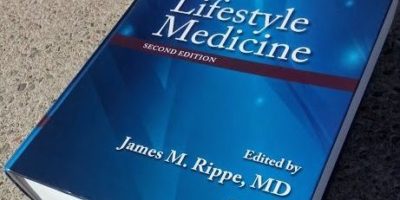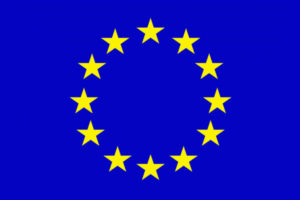Helplessness
The sight of our four-year-old daughter collapsing, losing her consciousness, and trembling in spasms of a seizure was something no parent could easily bear. What if the seizures repeat daily and you never know when and where your child will collapse next? We immediately told our family doctor about it, and he asked his friend, a child neurologist to conduct an EEG examination.
After the measurement we waited impatiently in her office to hear the sentence: epilepsy. He took personal responsibility for our daughter and asked us to prepare her to stay at the hospital for several days. They wanted to perform many tests in order to select appropriate medicine. The heavy medication offered, nowadays does not remove the causes; it only eliminates the seizures causing possible side effects. Our daughter’s life was never going to be the same again.
Doubting Experts and Their Equipment
I asked my friend, a psychiatrist, who recommended the family doctor if there could be no doubt here. After several days he told me that he looked at the EEG results with the family doctor. “Diagnosing epilepsy in children is always doubtful” he said. “But in this case, the results are as obvious as a case from a medical textbook.” When he saw my sadness and worry, he told me I could consult an elderly child neurologist who had taught him. She had retired but still worked in a private day clinic. We immediately jumped at this opportunity.
When Experts Disagree (and They Most Often Do)
The retired neurologist asked what equipment the EEG was performed on. When she heard the name of the hospital, she said: “I don’t trust that equipment. I used to have many false results from it. We will repeat the EEG test here on our new equipment.” We booked two appointments: one for the EEG and one for the consultation.
When the doctor saw the EEG results, she said: “Well, the results are not at all so obvious.” Then, she started to ask questions about our daily life. If we had visited someone or had painted something at home, if our daughter had taken some new medicine recently, etc. We mentioned that our doctor prescribed ketotifen as an allergy treatment. In front of us, she went to her bookcase and found a medicine registry. Under the entry of ketotifen, she read aloud to us “neurological side effects may appear”. She asked us to withdraw ketotifen for the time being and see what would happen.
Action and Its Consequences
After we withdrew ketotifen, the epileptic symptoms never appeared again. We later withdrew from being taken care of by the family doctor. He was simply not diffident enough with the use of his medical knowledge. Finally, we withdrew from trusting health care and from that moment on, we only asked doctors for advice. We never allowed them to make any decisions for us. We took personal responsibility for decisions.
Now and again, I hear similar stories. One of my students with a similar experience decided to write her MA thesis about the process of medical diagnosis. The results were shocking. These were not single incidents. There was a pattern behind what we discovered: the younger the doctor the riskier the process.
After the incident with our daughter, we found a family doctor who was using natural treatments. He taught us that the most popular children’s illnesses are not evils to fight but consequences of development. Other pathologies, like allergies, indicate that we should change our lifestyle. We should accept most of our everyday ailments and let the body deal with them with its internal power. We moved to a small village in the country and prevented allergic symptoms by selecting appropriate food and water.

Our New Lifestyle, from Our Family Album 2003
A New View of Personal Responsibility
Our most important decision was to actively make decisions and take personal responsibility for them, and since we were totally ignorant in medicine, we looked for professional advice. The new doctor was more of our educator than a medical practitioner. He explained the illnesses to us. His interventions were less and less frequent in spite of the fact that we had more and more children.
Some of his recommendations were so shocking that we consulted with other doctors. They usually threatened us with risk, we were taking by listening to our doctor, but could not present equally convincing arguments.
By using mainly natural and simple treatments (onions, lemon, ginger, honey, etc.) or homeopathic drops and sugar balls, our doctor probably reduced the income of the mainstream pharmaceutical industry. More than that, by teaching us how to recognize and treat most common illnesses he deprived himself of business with us. His gain was our recommendations of his services to our friends. From the first day we met him, his main goal was our good and not his income.
Does this experience relate to the experience of others?
If you want to know how general this experience is, click this link.
| PREVIOUS | NEXT | ||
| Knowledge is scandalous |








 The participation in this project is free because it is financed by a grant of the European Union -
The participation in this project is free because it is financed by a grant of the European Union -